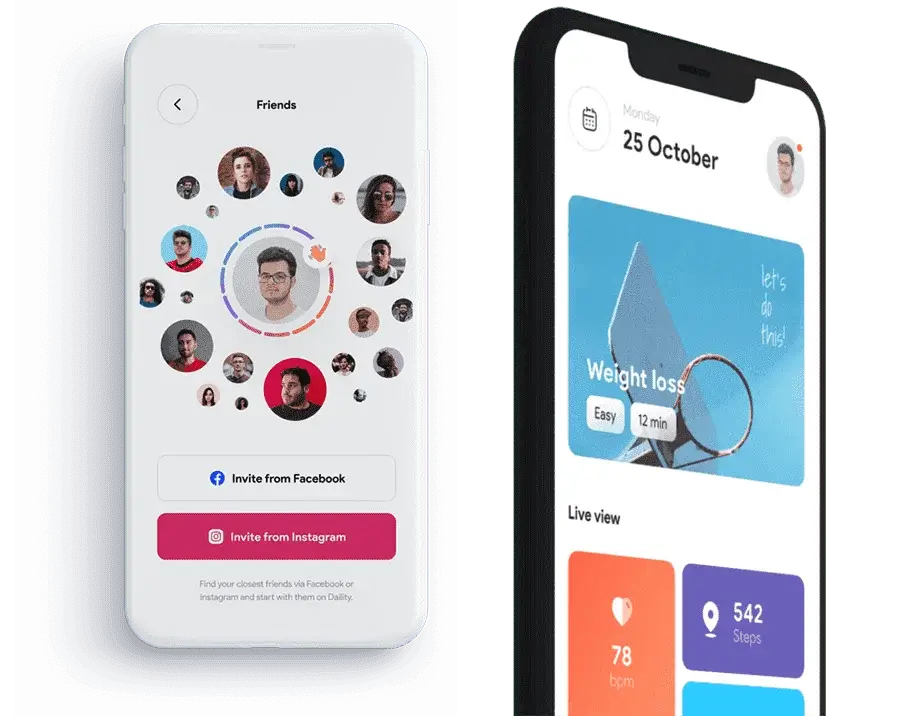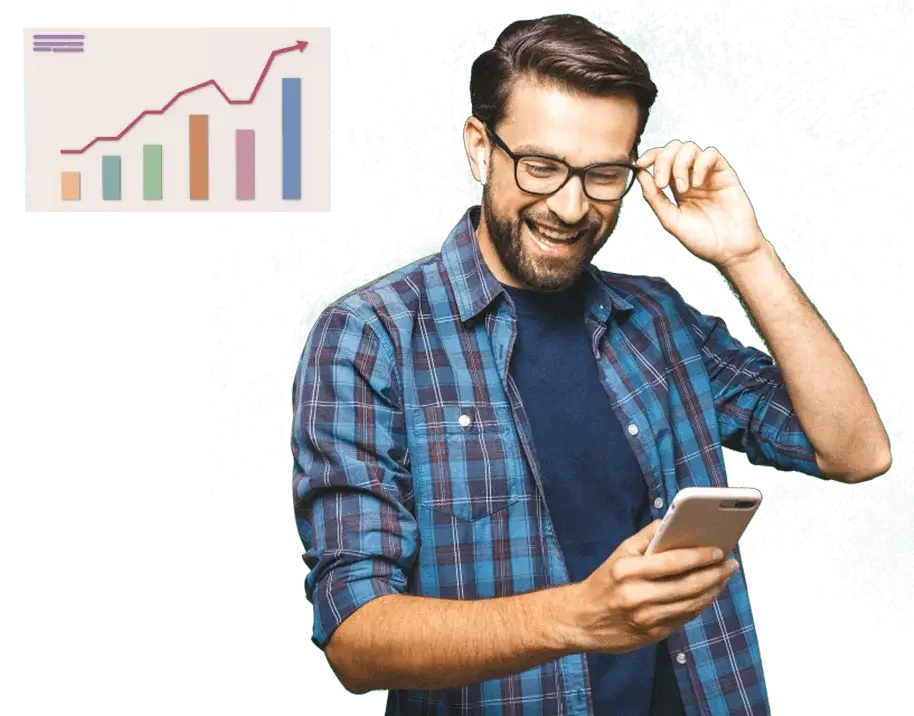Web Development 14-06-2024
Common WordPress Myths Debunked With Real Facts
WordPress is one of the most popular content management systems (CMS) in the world, powering over 40% of all websites on the internet. Despite its widespread use, several myths persist about WordPress. In this blog post, we'll debunk the top 10 common WordPress myths!
Myth 1: WordPress is Just for Blogging Fact: While WordPress started as a blogging platform, it has evolved into a full-fledged CMS capable of creating any type of website. From e-commerce sites to portfolios, corporate websites to forums, WordPress's flexibility and extensive plugin ecosystem allow it to handle any web development need.
Myth 2: WordPress Sites are Not Secure Fact: Security is a concern for any online platform, but WordPress itself is secure. The key to maintaining security is keeping the WordPress core, themes, and plugins updated. Additionally, using reputable plugins, strong passwords, and security plugins like Wordfence can significantly enhance your site's security.
Myth 3: WordPress is Free, So It Must Be Low Quality Fact: WordPress is open-source, which means it's free to use, but this doesn't equate to low quality. The platform is maintained by a large community of developers who constantly improve it. Many large organizations, including The New York Times and Microsoft, use WordPress, underscoring its quality and reliability.
Myth 4: WordPress Sites Load Slowly Fact: Site speed depends on various factors, including hosting, theme quality, and plugin use. A well-optimized WordPress site with a good hosting provider, efficient theme, and properly managed plugins can load very quickly. Tools like caching plugins (e.g., WP Rocket) and content delivery networks (CDNs) can further enhance site speed.
Myth 5: WordPress is Not Scalable Fact: WordPress is highly scalable and can handle websites of all sizes, from small blogs to large, high-traffic sites. Major brands like TechCrunch and BBC America use WordPress, demonstrating its scalability. With the right infrastructure and optimization, WordPress can support millions of visitors per month.
Myth 6: You Need to Know Coding to Use WordPress Fact: WordPress is designed to be user-friendly, even for those with no coding knowledge. The platform includes a visual editor, drag-and-drop page builders (e.g., Elementor), and customizable themes that make it easy for anyone to create and manage a website. However, having coding skills can enhance customization options.
Myth 7: WordPress is Not Suitable for E-Commerce Fact: WordPress, with the WooCommerce plugin, is one of the most popular e-commerce solutions. WooCommerce transforms a WordPress site into a powerful online store, offering features like product management, payment gateways, and shipping options. It's flexible, scalable, and suitable for both small and large online stores.
Myth 8: All WordPress Themes and Plugins are Safe to Use Fact: Not all themes and plugins are created equal. It's crucial to choose themes and plugins from reputable sources and developers. Always check reviews, updates, and support options before installing. Using themes and plugins from the official WordPress repository or well-known marketplaces like ThemeForest and CodeCanyon can help ensure safety and quality.
Myth 9: WordPress is Not SEO-Friendly Fact: WordPress is built with SEO in mind and offers numerous plugins, such as Yoast SEO and Rank Math, to enhance on-page SEO. These plugins provide tools for optimizing content, meta tags, sitemaps, and more. Additionally, WordPress's clean code and responsiveness contribute to better search engine rankings.
WordPress's versatility, user-friendliness, and extensive capabilities make it a powerful platform for building any type of website. By debunking these common myths, we hope to clarify the misconceptions and highlight the true potential of WordPress. Whether you're a beginner or an experienced developer, WordPress offers a reliable and scalable solution for your web development needs.






